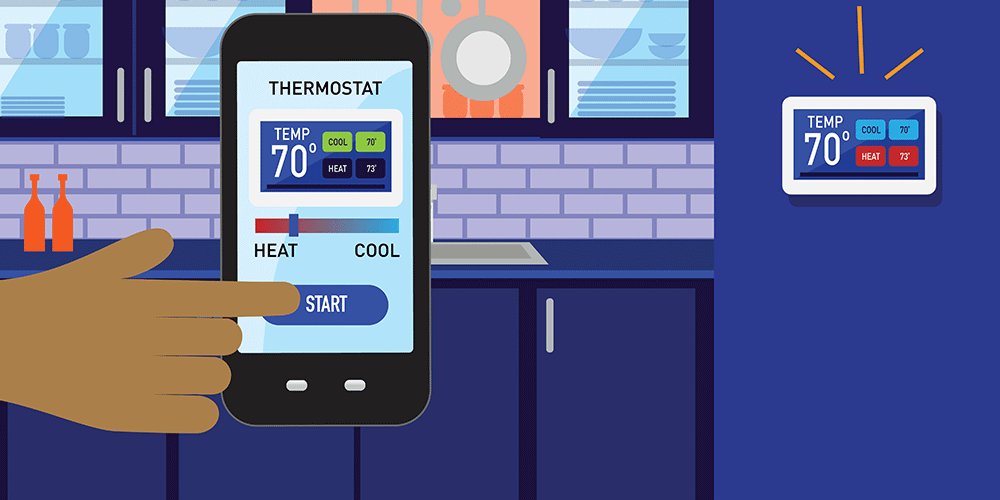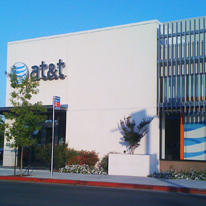This post was originally published on December 27, 2016 and has been updated for accuracy and comprehensiveness.
The smart home market in the U.S. is estimated to be worth over $23 million.
Over the years, smart home technology has become ingrained in homeowners’ everyday lives. But, since many technologies are new, security concerns related to devices abound.
Below, we share smart home automation concerns and a checklist to help homeowners work with their security vendors to overcome them.
Top Home Automation Security Concerns
Home automation systems can provide consumers with easy, fun and more affordable living. However, not all devices are created with security in mind. Some top concerns include:
- Compromised security systems, allowing intruders to deactivate systems or access entry passcodes.
- Device failure if the centralized communication hub breaks or stops working.
- Easy entrance for intruders to access your home via smart locks, smart garages or windows and doors if smartphones are lost or stolen.
- Eavesdropping on communication systems, such as email, phone calls or video conferencing.
- Hackers accessing home networks through smart thermostats, televisions and security cameras.
- IoT-based distributed denial-of-service (DDoS) attacks.
Key Security Measures to Follow
Security is a vital piece to the connected home movement. If you are considering making your home smart, use the following checklist:
- Purchase Z-Wave certified equipment. This ensures devices have passed vigorous testing for quality, reliability and security.
- Never leave factory-setting passwords. These passwords are often easy to find online, which means hackers can gain access to your systems via a quick web search.
- Do not share passwords unnecessarily. Keep password sharing on a need-to-know basis, and don’t write them down.
- Restrict application access on your phone. Be aware of privacy settings and sharing capabilities on apps, such as calendars, email, location and photos.
- Encrypt networks where smart devices are hosted. This will make it difficult for hackers to obtain or “read” data if systems are hacked.
- Stay on top of product updates and system upgrades. If devices are dated and incompatible with updates, it may be time for an upgrade.
- Isolate smart equipment on a separate network. Restrict hackers from gaining access to all personal information at once if systems are compromised.
- Vet vendor security processes prior to purchasing equipment. Understand how data is stored offsite and in transit, if network operations centers (NOCs) are secured and if data is encrypted.
Smart homes can add an extra layer of security and convenience to your life. Prior to purchasing any equipment, work with a certified security vendor to address any questions or concerns.



